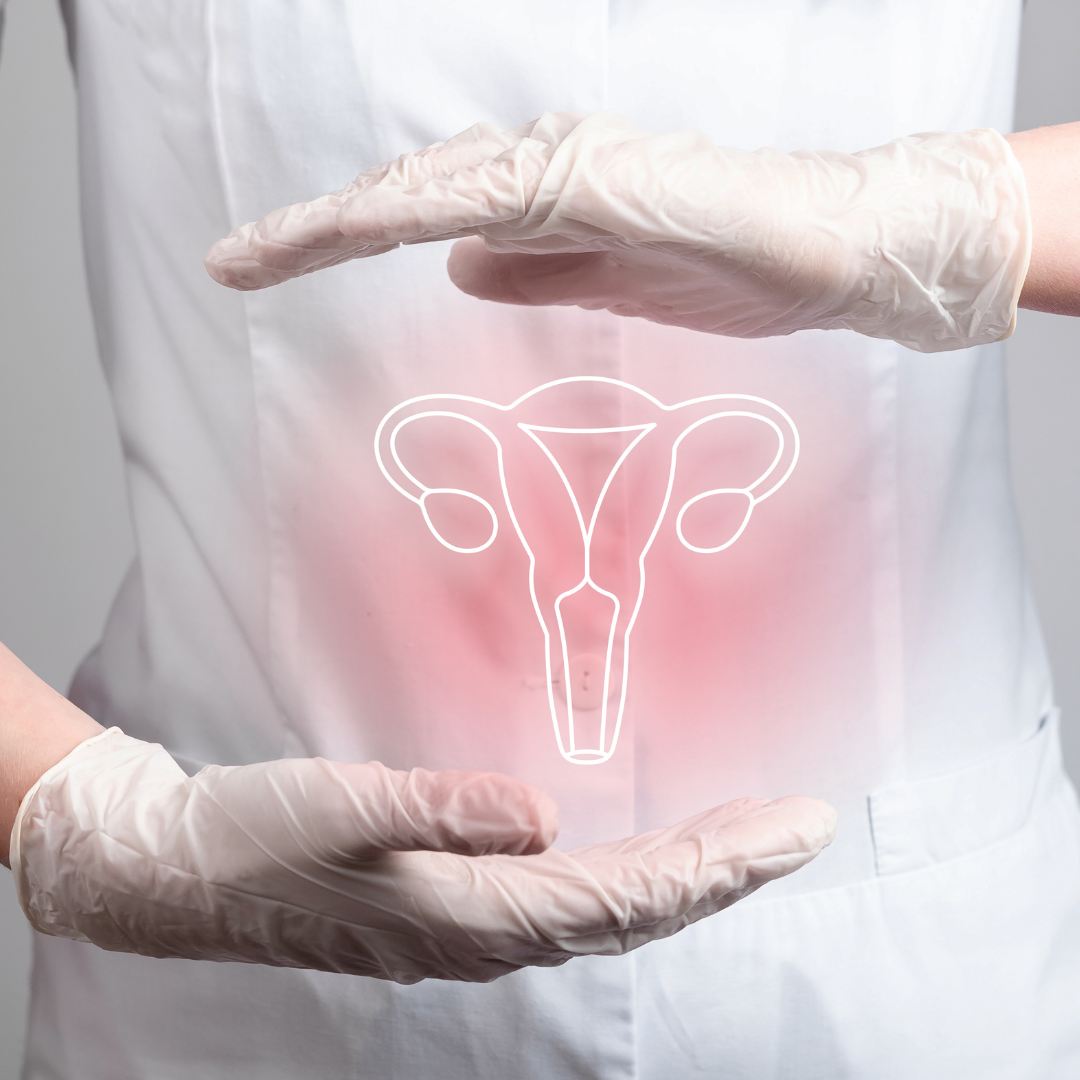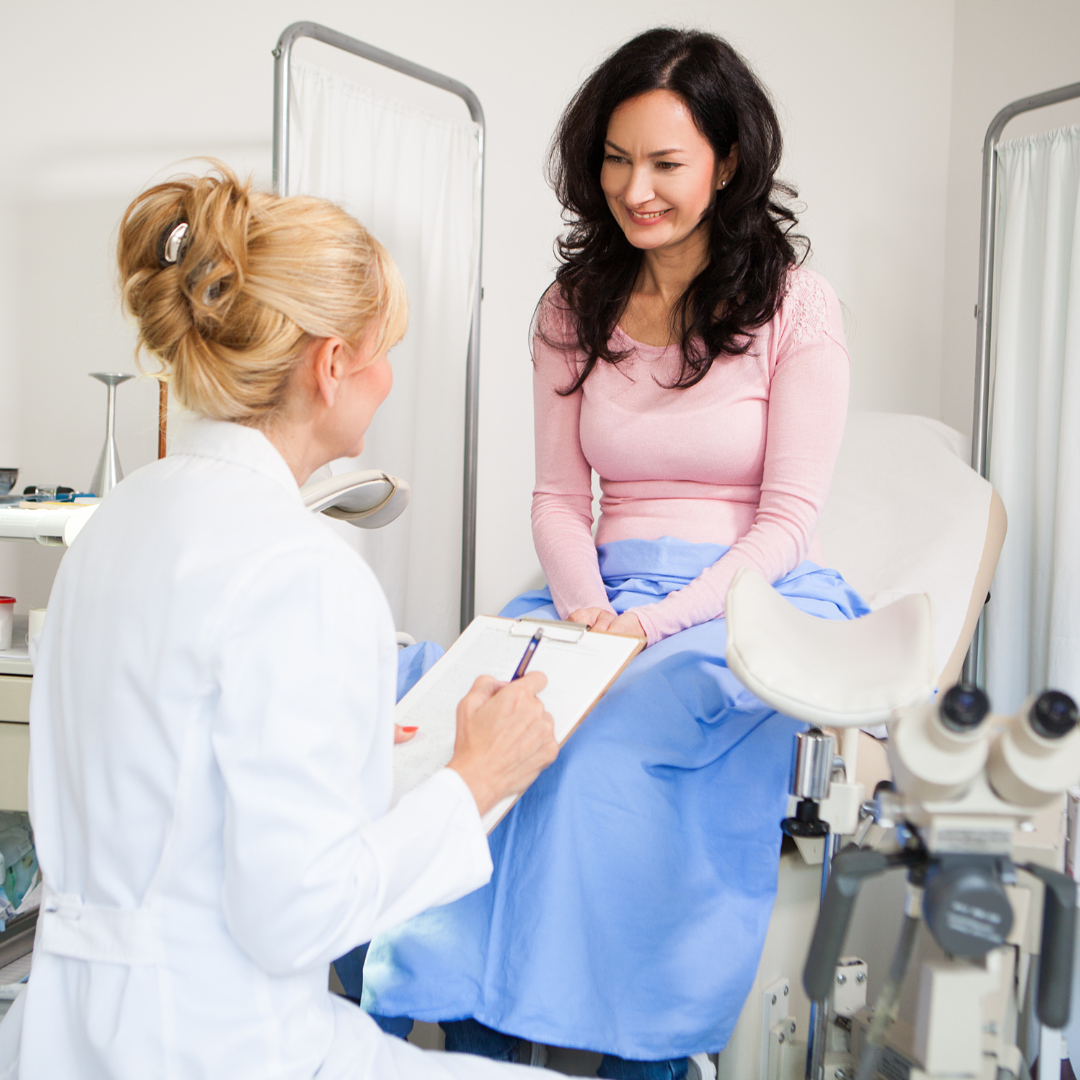GYNEcology
gynecology

Gynecologists diagnose and treat menstrual disorders, fertility issues, and gynecological cancers to provide preventive care, contraceptive counseling & manage women's reproductive health throughout different life stages.
Services

We provide comprehensive services such as blood investigations, blood pressure and blood sugar monitoring, ECG, vaccination, and urine examinations. Click here to learn more about our offerings.
Schedule Your appointment
Healthify me !
Annual Gynecological Check-ups: Why They Matter for Women's Health




1. Early Detection of Reproductive Cancers: A Vital Screening Tool
Regular gynecological check-ups serve as a cornerstone for the early detection of reproductive cancers, such as cervical, ovarian, and breast cancer. Screening procedures like Pap smears and mammograms, conducted during these check-ups, can detect abnormalities at an early, more treatable stage, potentially saving lives.
2. Monitoring and Maintaining Reproductive Health: A Preventive Approach
Prevention is at the core of gynecological check-ups. Through routine screenings and examinations, healthcare providers can monitor and assess reproductive health, identifying potential issues before they escalate. This proactive approach allows for timely interventions and the implementation of preventive measures.
3. Comprehensive Examination of Pelvic Health: Beyond Cancer Screenings
Gynecological check-ups encompass a thorough examination of pelvic health. Healthcare providers assess the health of the reproductive organs, check for abnormalities, and discuss any concerns or symptoms experienced by the patient. This comprehensive examination goes beyond cancer screenings, addressing a spectrum of gynecological health aspects.
4. Family Planning and Contraception Guidance: Tailoring to Individual Needs
Annual gynecological check-ups are opportune moments for discussing family planning and contraception. Healthcare providers can tailor their guidance based on individual preferences and health considerations. These discussions empower women to make informed decisions about their reproductive choices.
5. Management of Menstrual Health and Hormonal Changes: Holistic Well-being
Menstrual health and hormonal changes are integral components of women’s well-being. Gynecological check-ups provide a platform for discussing any irregularities, discomforts, or concerns related to menstrual cycles and hormonal fluctuations. This holistic approach contributes to overall health and quality of life.
6. Addressing Sexual and Reproductive Health Concerns: Open Dialogue Matters
A crucial aspect of gynecological check-ups is the open dialogue between healthcare providers and patients regarding sexual and reproductive health. Discussions about sexual health, contraception, and concerns related to intimacy foster a supportive environment for addressing any challenges or questions women may have.
7. Guidance Through Life Transitions: Puberty, Pregnancy, Menopause
Women undergo significant life transitions, from puberty and pregnancy to menopause. Gynecological check-ups offer guidance and support through these transitions. Whether it’s providing information on menstrual hygiene for young girls or addressing the unique health needs of pregnant women and menopausal individuals, these check-ups cater to diverse life stages.
8. Prevention and Management of Gynecological Conditions: Timely Interventions
Timely interventions are key to preventing and managing gynecological conditions such as infections, endometriosis, or poly-cystic ovary syndrome (PCOS). Gynecological check-ups enable healthcare providers to identify symptoms, recommend appropriate diagnostic tests, and initiate treatments when necessary.
